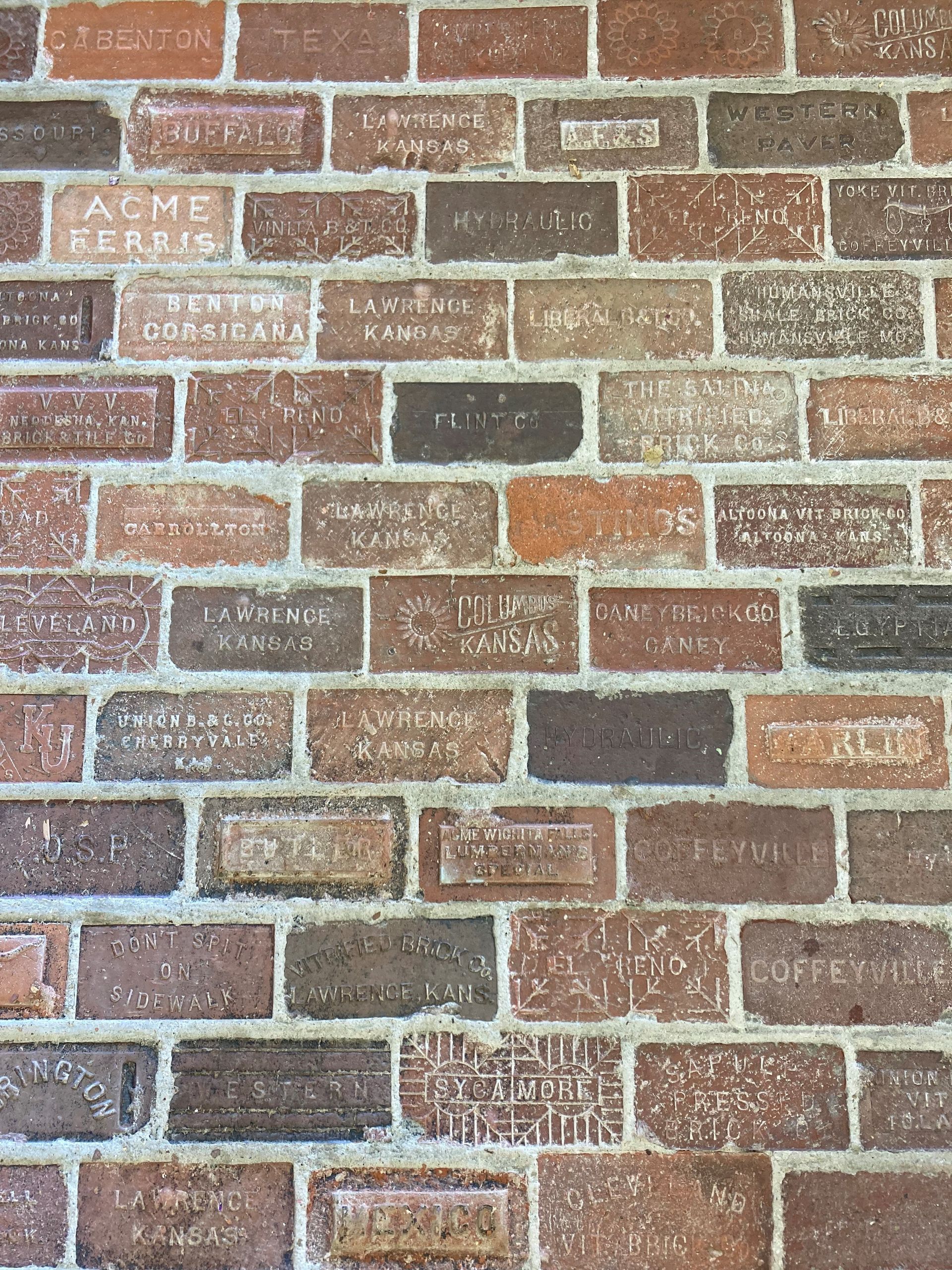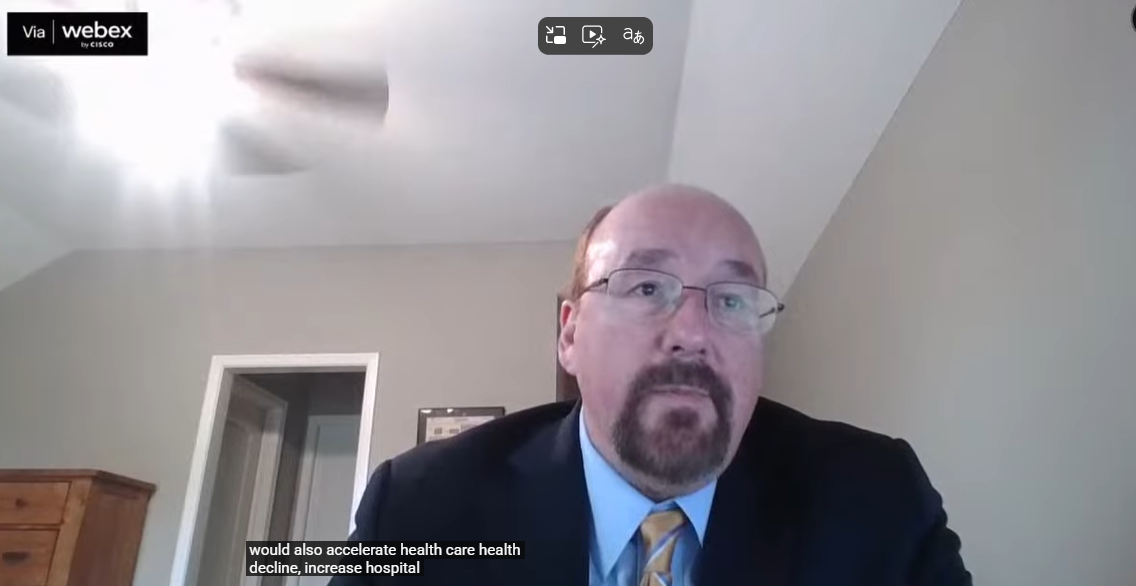Understanding the Special Focus Facility Program
Understanding the Special Focus Facility (SFF) Program: What Families Need to Know When Choosing a Nursing Home in Kansas
When searching for a nursing home for a loved one, families often look for a place that will offer safe, reliable, and compassionate care. One important—but often overlooked—resource that can help inform that decision is the Special Focus Facility (SFF) Program, managed by the Centers for Medicare & Medicaid Services (CMS).
What Is the Special Focus Facility (SFF) Program?
The SFF Program was created by CMS to address the most persistent quality problems in nursing homes across the country. Every nursing home that accepts Medicare or Medicaid is regularly inspected to ensure it meets health and safety standards. Most nursing homes will have a few issues identified during these inspections—typically six to seven deficiencies on average—but some facilities consistently fall far below acceptable standards.
These nursing homes:
- Have twice as many deficiencies as the average facility,
- Have more serious issues, including those that cause actual harm to residents,
- And show a long-term pattern of poor performance over a span of about three years.
Facilities like these may fix issues temporarily, but often fail to address the root causes—resulting in a harmful cycle of repeated violations. That’s where the SFF program comes in.
How the SFF Program Works
CMS uses inspection data to score nursing homes based on both the number and severity of their deficiencies. Facilities with the highest scores (i.e., the most and most serious problems) are added to a list of SFF candidates.
Each state is allowed only a limited number of active SFFs at a time—currently, only 88 facilities nationwide can be enrolled in the program. However, CMS maintains a much longer list of SFF candidates that also meet the criteria but haven't yet been selected for the program due to space limits.
Once a facility is chosen as an active SFF:
- It is inspected every six months instead of the usual once a year.
- It may face progressive enforcement, such as financial penalties or losing eligibility for Medicare and Medicaid.
- It must show real, lasting improvements to graduate from the program.
A facility "graduates" from the SFF program only after it has two consecutive inspections (after being named an SFF) with no more than 12 relatively minor deficiencies and none at a higher severity level. If a facility continues to have serious violations, CMS may consider terminating its participation in Medicare and/or Medicaid.
Why This Matters to Kansas Families
Being informed about a nursing home’s history can help protect your loved ones. Facilities in the SFF program—or on the candidate list—have serious quality concerns. While some may be working hard to improve, others may continue to struggle with systemic issues that put residents at risk.
As of March 2025, the following nursing homes in Kansas are included in the Special Focus Facility (SFF) program:
- Excel Healthcare and Rehab Topeka (recently closed)
- Access Mental Health (Peabody)
The following facilities in Kansas are currently on the SFF candidate list:
- Clearwater Nursing and Rehabilitation Center
- Good Samaritan Society- Liberal
- Kearny County Hospital Long-Term Care Unit
- Legacy at College Hill (Wichita)
- Legacy on 10th Avenue (Topeka)
- Medicalodges Jackson County
- Medicalodges Post Acute Care Center (Kansas City)
- Meridian Rehabilitation and Health Care Center (Wichita)
- Riverbend Post Acute Rehabilitation (Kansas City)
- Tanglewood Nursing and Rehabilitation (Topeka)
The following facilities graduated from the SFF program:
- Advena Living of Cherryvale
- Life Care Center of Osawatomie
Anew Healthcare Oxford is a facility that is no longer participating in the Medicare and Medicaid Program.
We encourage families to take time to research and ask questions when considering a nursing home. You can access the full national SFF and candidate list on the CMS website here. KABC offers free unbiased Consumer Information Reports on all licensed adult care facilities in Kansas, helping you make an informed choice when deciding between long-term care options.
Final Thoughts
The Special Focus Facility Program exists to push underperforming nursing homes to do better—but it’s also a signal to the public. When selecting long-term care, knowing whether a facility is on this list can be an important part of making the best choice for your loved one.
If you have questions about how to find quality nursing home care in Kansas or want help understanding a facility’s inspection history, don’t hesitate to reach out to our team.






